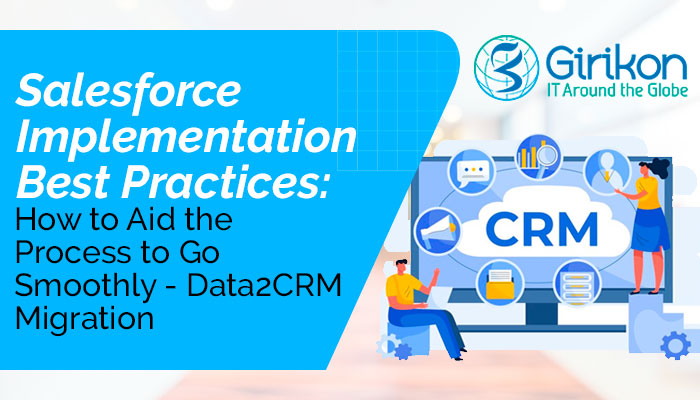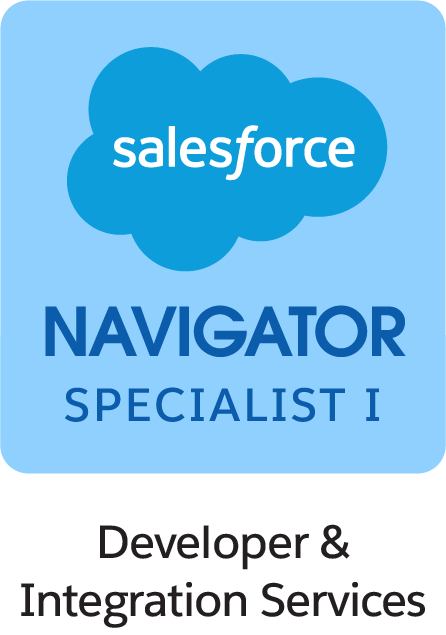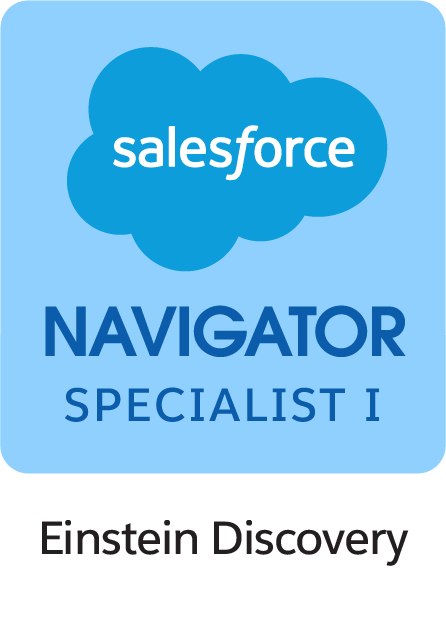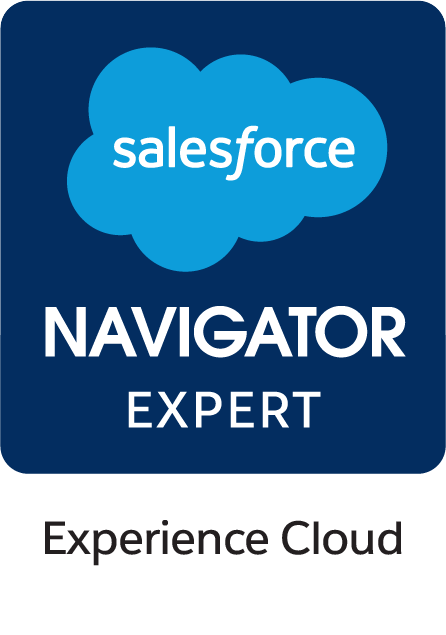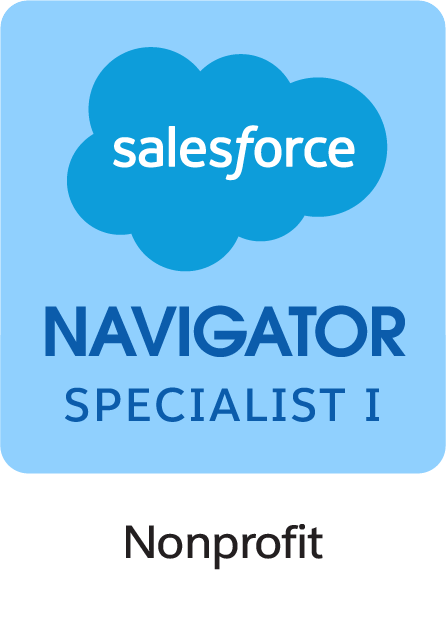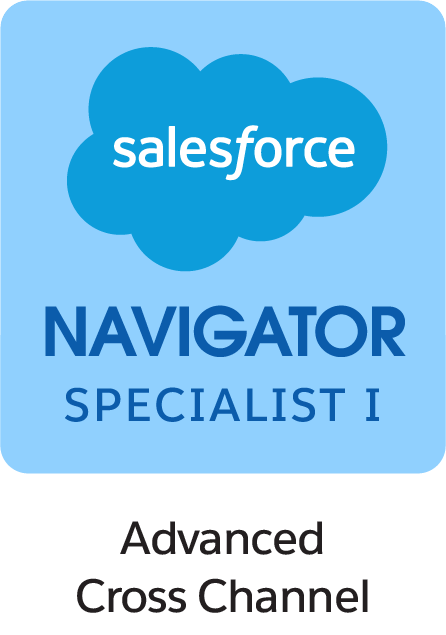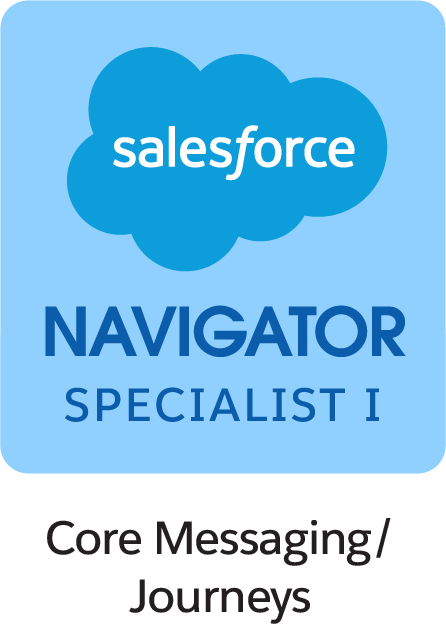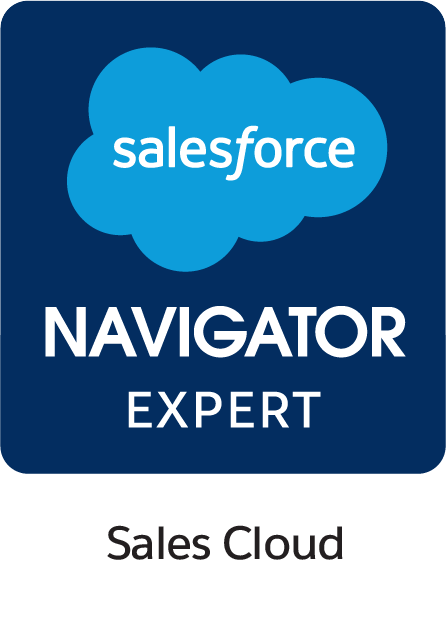Our Blogs
Salesforce CPQ (Configure-Price-Quote) is a powerful tool that businesses can use to streamline their sales process and boost revenue. By automating the quoting process, organizations empower their sales teams to quickly respond to customer requests in a more precise and consistent way. While the CPQ tool can be complex and challenging to optimize, organizations can optimize their sales processes, reduce sales cycles and maximize productivity by following the undermentioned best practices:
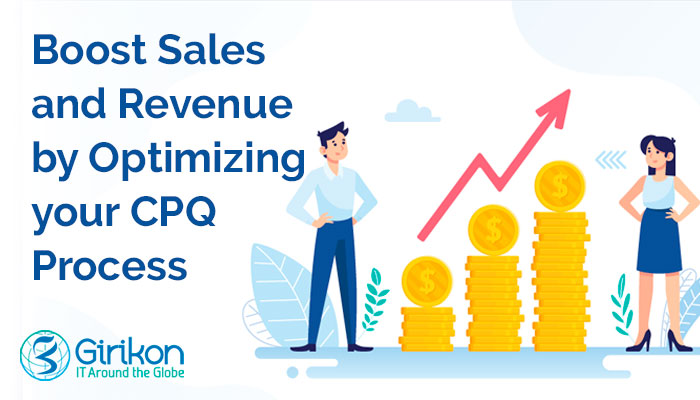
Define the Sales Process: It’s crucial to have a clear understanding of your sales process before implementing Salesforce CPQ. This translates to defining customer personas, sales stages, and pricing strategies. A well-defined sales process ensures that the sales team makes the most of the CPQ tool. Additionally, defining your sales process also allows you to tailor your CPQ to meet the specific needs of a business. To implement Salesforce CPQ within your business ecosystem, you must get in touch with an experienced Salesforce implementation partner.
Integrating with Other Systems: The efficiency of a Salesforce CPQ tool depends largely on the data to which it has access. To provide your sales team with access to precise data, it’s crucial to integrate your CPQ solution with systems such as ERP, CRM, and pricing engines. Such integration allows your CPQ solution to recover real-time data. Moreover, integrating CPQ solutions with other systems significantly reduces the risk of inconsistencies and errors in your proposals. For instance, when your CPQ solution is integrated with the ERP System then drawing pricing details for every product is very easy thereby reducing errors during manual data entry.
Using Data Analytics: A CPQ solution generates a humongous amount of data, which can be utilized to optimize your sales process. For instance, data analytics tools can be used to track win rates of proposals, deal sizes, and sales cycle times. With this information, it is easy to make data-driven decisions and products and pricing. For instance, you can use data analytics to identify the cause of the problem if you figure out that the win rates are below expected. In other words, you can use data analytics to identify areas of improvement and make changes to your sales process to improve win rates and ultimately revenue.
Customize Your Proposals: One of the significant benefits of a CPQ solution is that it can be used to create customized customer proposals. This functionality can be used to distinguish your bids from that of your competitors while highlighting the USP of your service or product. This will set your product apart from your competitors and increase the likelihood of a closed deal.
Train Your Sales Team: To draw maximum value out of your CPQ solution, it’s essential to train your sales team to use it in the best possible way. The members of your sales team should be able to customize proposals, quickly respond to customer queries, and quickly access data. You should ensure ongoing training to ensure your sales team is updated with current trends regarding the application of using Salesforce CPQ in real-life scenarios. Providing practical training experience via a sandbox environment is a safe, and simple training method.
Continuous Optimization: It is also important to optimize your CPQ solution to ensure that your CPQ system aligns with your business goals. You should review your sales process at regular intervals to deliver greater revenue and a great customer experience. This could include analyzing your data, reviewing your product catalogs, and updating CPQ rules. Optimizing your process can lead to increased sales and productivity besides improved accuracy and customer satisfaction.
Final Words:
These are some of the best practices, which if followed by your sales team can help them do their job i.e. selling in the most convenient way by automating the tedious quoting process by using technology. To streamline your CPQ system, you must consider collaborating with an experienced Salesforce consulting company to remain competitive and relevant.

 +61-1300-332-888
+61-1300-332-888 +1-480-382-1320
+1-480-382-1320
